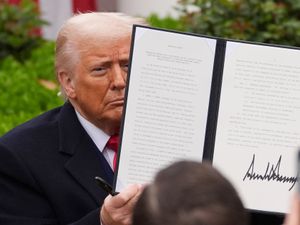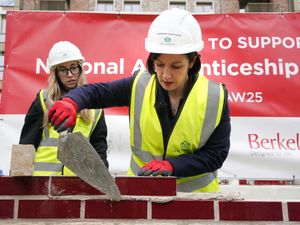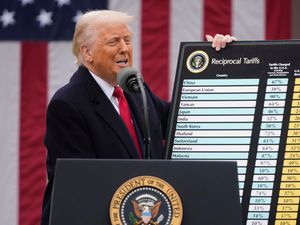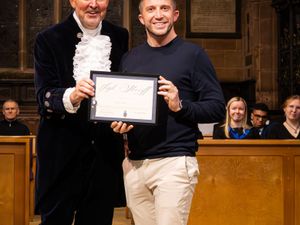Jaguar Land Rover sales continue to suffer from microchip shortage
Jaguar Land Rover's worldwide sales have continued to be hit by the global shortage of semi-conductors.
Although the luxury car group started to see some improvement in microchip supply, sales for the last three months of 2021 were down 13.6 per cent on the previous quarter at 80,126. Jaguar sales were down 25.2 per cent at 14,407 and Land Rover down 10.5 per cent to 65,719.
JLR said underlying demand for its cars remains strong and the company has managed semi-conductor supplies to maximise production of higher margin vehicles.
Sales were 37.6 per cent down on the last three months of 2020.
Production volume was 72,184 cars – up 41 per cent on the preceding quarter.
The group, which has its engine manufacturing centre at the i54 north of Wolverhampton, continues to see strong demand for its products with global retail orders at record levels. The total order book has grown to more than 154,000 units, up about 30,000 from the previous quarter for the New Range Rover, while demand for the Land Rover Defender remains strong with about 36,000 orders.
Lennard Hoornik, JLR chief commercial officer, said: “The New Range Rover is the embodiment of Jaguar Land Rover’s vision for modern luxury by design. We are delighted that positive feedback at launch has led to a strong order intake for this first all new modern luxury model.
"Furthermore, the Land Rover Defender continues to contribute to a record order bank next to our all-electric Jaguar I-PACE. Semi-conductor supply challenges continue within the industry but our wholesale volumes are improving. We look forward to completing delivery to global customers as supply improves in 2022.”
For the whole of 2021, JLR sales were down 1.2 per cent to 420,856 with Jaguar down 15.8 per cent to 86,270 and Land Rover up 3.4 per cent at 334,586.




